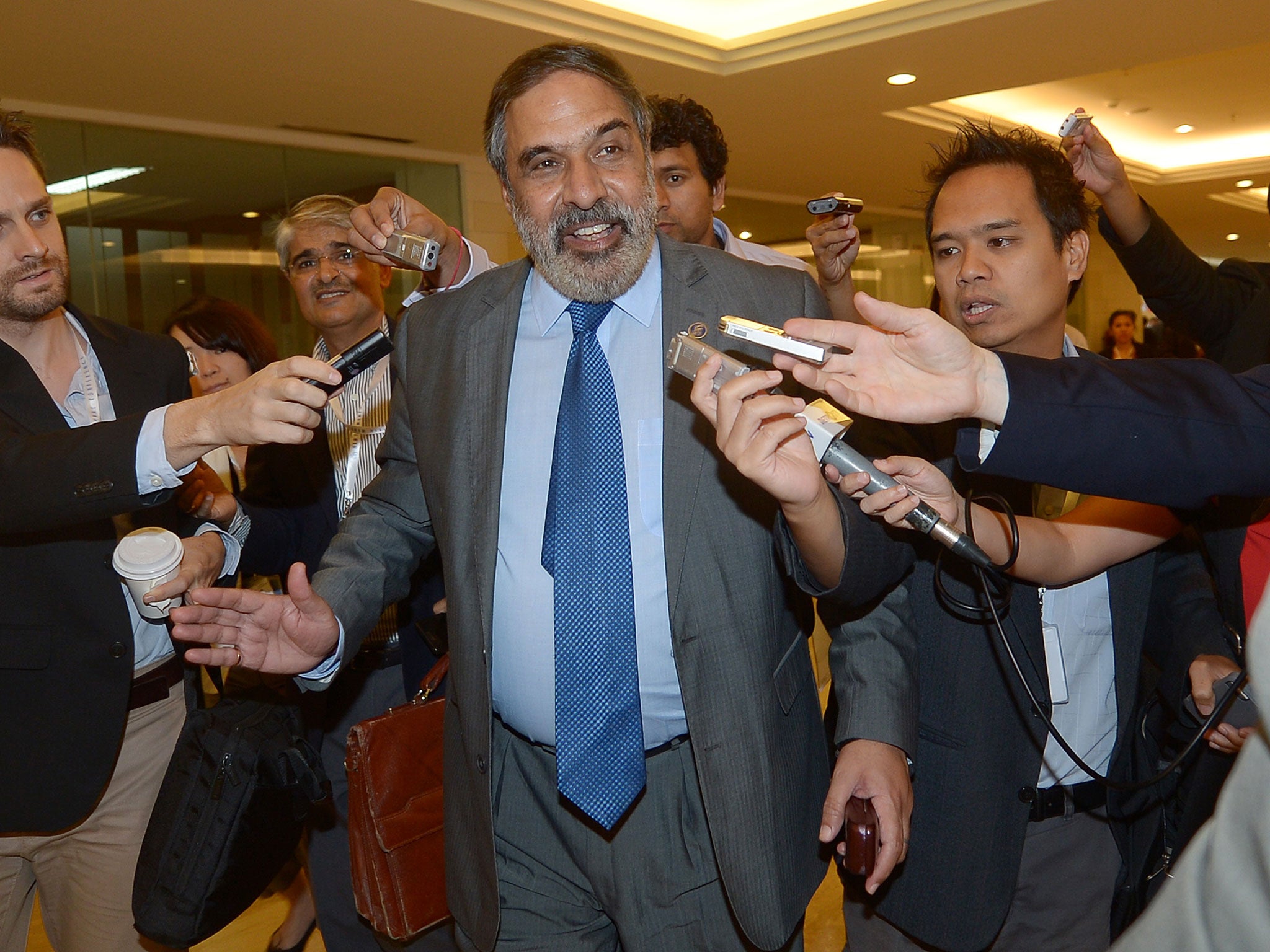World Trade Organisation on verge of trade deal that could lift millions out of poverty
WTO agreement would help the poorest nations, though campaigners remain cautious

The long wait for a global trade deal intended to lift millions of the world’s poorest out of poverty looked set to end on Friday night with the World Trade Organisation (WTO) poised to deliver its first agreement in nearly two decades.
Barring any last-minute veto, the deal aims to slash red tape at customs around the world, give improved trade terms to the poorest nations and allow developing countries to skirt normal rules on farm subsidies if they are trying to feed the poor. However, anti-poverty campaigners said that any notions of celebration were “absurd”.
The first global trade deal since the creation of the WTO was said to be ready for agreement by ministers from its 159 member countries in Bali after the US and India resolved their differences over agricultural subsidies, which Delhi had insisted on preserving.
The WTO launched the Doha Round of talks in 2001. Many experts had warned that failure in Bali would leave regional and bilateral trade arrangements as the only avenue for trade reform. A Bali trade deal, which is far less ambitious than the Doha Round had aimed for up until two years ago, would nonetheless open the way to much wider trade reforms.
Earlier this week, a deal that would add hundreds of billions of dollars to the world economy teetered on the brink of collapse. India was the main stumbling block as it insisted it would not compromise on a policy of subsidising food for hundreds of millions of poor, putting it at odds with the US and other developed countries.
The “all or nothing” agreement covers several areas, the largest of which is trade facilitation – a global standardisation and simplification of customs procedures that would tear down barriers to cross-border movement of goods.
However, John Hilary, executive director of War on Want, said: “Any suggestion that there is a deal to celebrate from the WTO talks in Bali is absurd.
“The USA and EU continue to channel billions in subsidies to their richest farmers, yet seek to destroy other countries’ right to protect their poorest citizens from starvation.”
India will next year implement a programme to provide cheap food to 800 million, which it fears will contravene WTO rules curbing farm subsidies to 10 per cent of production. A US-led proposal offered to waive the 10 per cent rule until 2017, though India has insisted the exemptions continue until a solution is found.
India has said its tough stance drew support from many developing countries, though the meeting’s host, Indonesia, pressed for Delhi to soften its stand.
Subscribe to Independent Premium to bookmark this article
Want to bookmark your favourite articles and stories to read or reference later? Start your Independent Premium subscription today.

Join our commenting forum
Join thought-provoking conversations, follow other Independent readers and see their replies